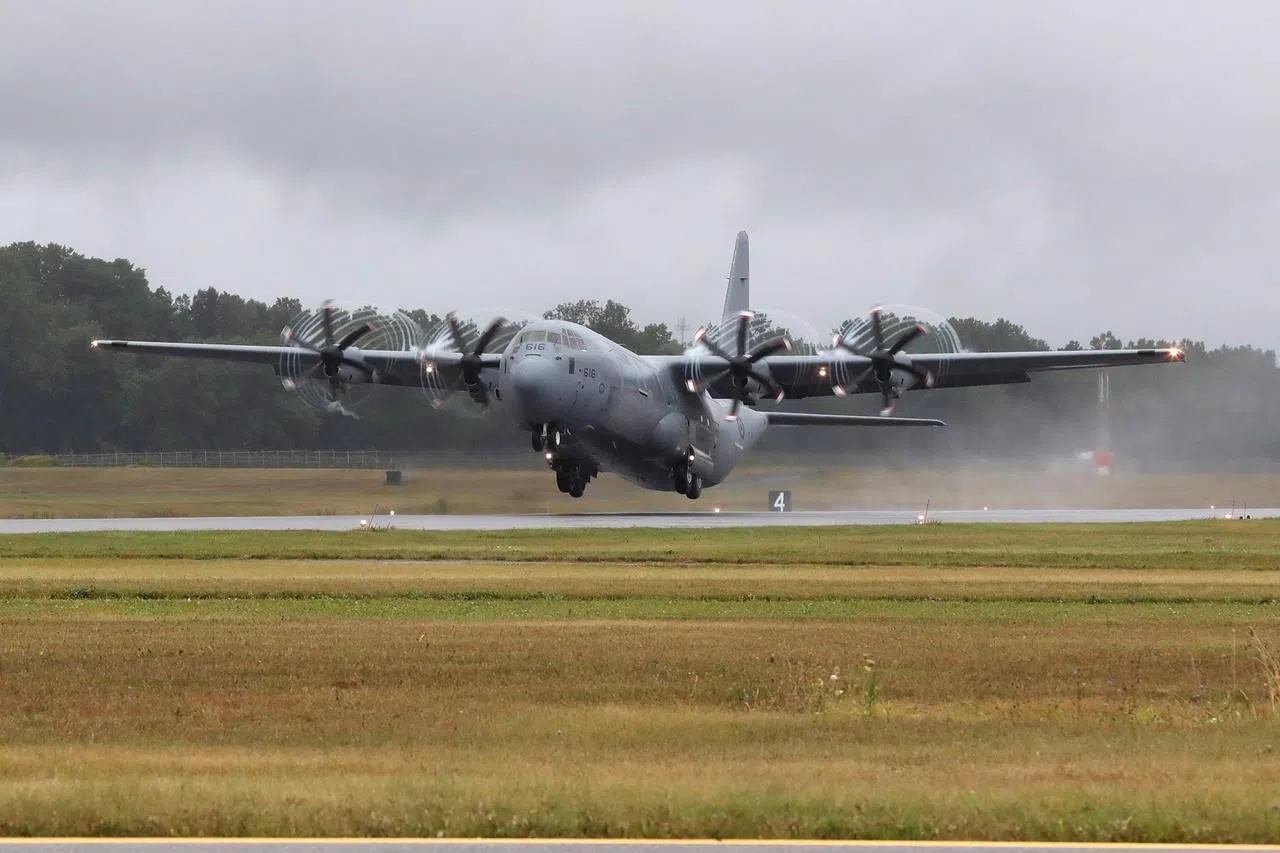
UN, Canada at odds over restrictions on promised military transport plane
OTTAWA — The United Nations is pushing back against restrictions Canada wants to put on the use of a military transport plane it promised to deploy in Africa.
Prime Minister Justin Trudeau first announced in November 2017 that Canada would send a C-130 Hercules to Uganda as part of a larger package of pledges to the UN.
The idea at the time was for the plane to ferry troops, equipment and supplies from the UN’s logistics hub in Entebbe to different peacekeeping missions around the region.
Multiple sources say the offer of the plane came as a surprise to the UN, and the plan has run into numerous snags as Canadian, Ugandan and UN officials wrangle over the details.


